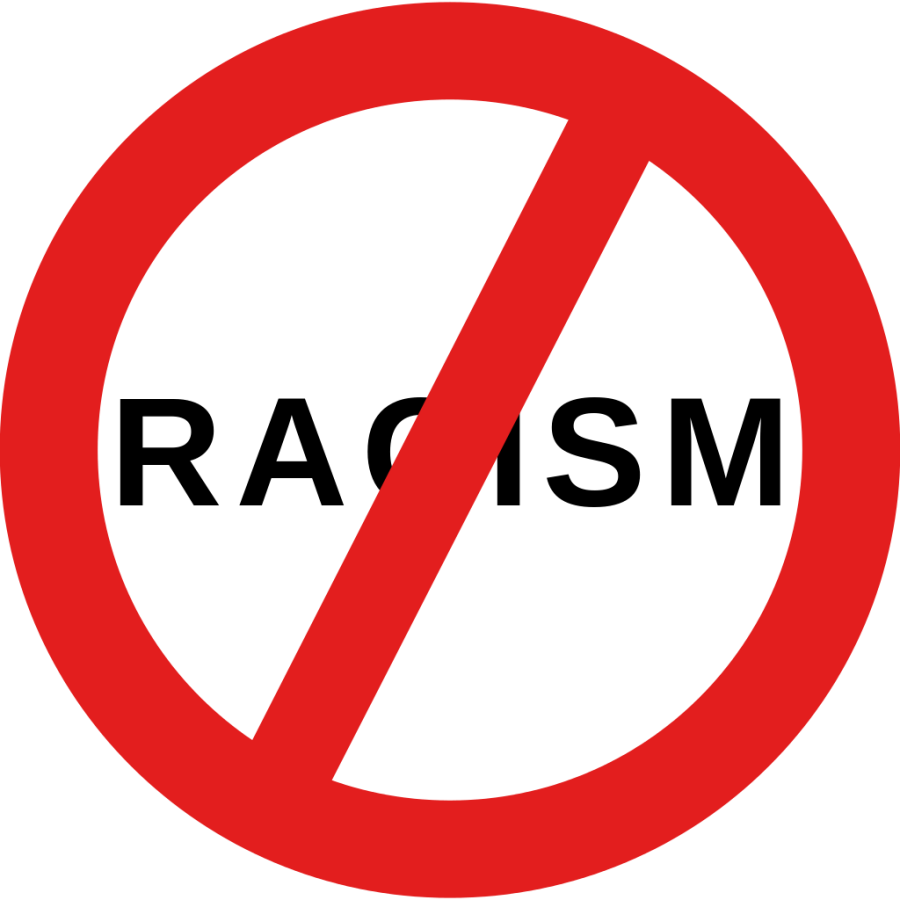Blog

Blog
Call us today for a free initial consultation on 0800 772 0341
The impact of race discrimination in the workplace
Published 18 May 2020


We all know that race discrimination in the workplace is unlawful but how much do we really know about the impact it has on the victim?
There can be an obvious and toxic effect on the employee subjected to such behaviour and it can cause serious psychological distress.
For the victim it can create a range of negative feelings and emotions that include loss of confidence and self-esteem, hopelessness, embarrassment and isolation.
It has been shown repeatedly that reoccurring exposure to racism has serious negative long-term effects on people’s mental health.
It can also have a knock-on effect on physical health and force an employee to have to take sick leave.
When workplace discrimination is widespread, morale can drop which can affect productivity, trust is broken and it can impact financially on an organisation.
Race discrimination is when you are treated unfairly because of your race, or because of the race of someone you are connected with, such as your partner (1).
‘Race’ includes colour, nationality, citizenship and ethnic or national origins.
In the UK, employees are legally protected from racial discrimination by the Equality Act 2010 (2)
All employers should take a zero-tolerance approach to any type of discrimination in the workplace.
However, research suggests that race discrimination remains a significant issue for employers.
The Trade Union Congress (TUC) Let’s Talk About Racism report published in 2017 quizzed 5000 people and said it found that racial harassment was commonplace in many workplaces (3).
The unfavourable treatment suffered was said to include bullying, racist abuse and violence, hearing racist remarks or opinions, seeing racist material online and on posters, graffiti or leaflets.
Participants in the study reported that the perpetrator was most likely to be a work colleague, with a significant number saying the perpetrator was their manager.
BME workers reported discrimination that included excessive surveillance and scrutiny by colleagues, supervisors and managers, being denied promotion, development or acting up opportunities and training and some said they had been unfairly disciplined because of their race.
The many and worrying effects of workplace racism were captured in the following statement provided by a TUC survey participants:
I’ve had three workplaces where I’ve had to bring grievances that were race related (racist in nature)…You can never absolutely prove it…It’s insidious. The ignoring you is as bad as the shouting at you…I ended up on anti-depressants and suicidal. It makes you forget who you are, your strengths, your abilities. I’m a skilled intelligent woman who’s worked for 35 years and I ended up barely able to send an email. It’s like the perpetrators don’t realise. Leaves you powerless. I’m having to leave my job and take a 10k wage reduction for a short-term post instead of my permanent one. It’s either that or my life. My children/family have insisted. They want me alive.
The TUC study followed the Business in the Community (BITC) Race at Work survey, which had similarly found that workplace racism had also resulted in a considerable number of employees experiencing anxiety, stress and depression (4).
Participants reported being subjected to intimidation and racist violence at work and worryingly said that racism was a reoccurring part of their everyday working lives.
There are four main types of race discrimination (5):
Direct discrimination - Treating someone 'less favourably' because of: their actual race (direct discrimination), their perceived race (direct discrimination by perception) and the race of someone with whom they associate (direct discrimination by association).
Indirect discrimination - When there is a policy, practice, procedure or workplace rule which applies to all workers, but particularly disadvantages people of a particular race.
Harassment - unwanted conduct related to race.
Victimisation - unfair treatment of an employee who has made or supported a complaint about race discrimination.
Employers should take any complaint of race discrimination seriously, support all employees implicated in any complaint, act promptly and conduct a thorough an fair investigation if required.
References:
(1) Treated unfairly because of your race [Internet] www.citizensadvice.org.uk [Cited 18.5.20] https://www.citizensadvice.org.uk/law-and-courts/discrimination/discrimination-because-of-race-religion-or-belief/discrimination-because-of-race/#h-what-is-race-discrimination
(2) Employees are legally protected from racial discrimination [Internet] www.legislation.gov.uk [Cited 18.5.20] http://www.legislation.gov.uk/ukpga/2010/15/contents
(3) Let’s Talk About Racism report [Internet] www.tuc.org.uk [cited 18.5.20] https://www.tuc.org.uk/research-analysis/reports/lets-talk-about-racism-report
(4) Race at Work survey [Internet] www.manchester.ac.uk [Cited 18.5.20] http://hummedia.manchester.ac.uk/institutes/code/research/raceatwork/Equality-Diversity-and-Racism-in-the-Workplace-Full-Report.pdf.
(5) Main Types of Race Discrimination [Internet] www.acas.org.uk [Cited 18.5.20] https://archive.acas.org.uk/index.aspx?articleid=1849
“A reputation built on success”
For free employment law advice or if you are affected or want information and support by any of the issues in this article please give us a call. 0333 772 0611
A reputation built on success
If you're facing any of the issues in this article - or need guidance on disciplinary, grievance, or redundancy matters - call us today. Our expert Trade Union Representatives are available to represent you in crucial workplace meetings, with pay as you need support.